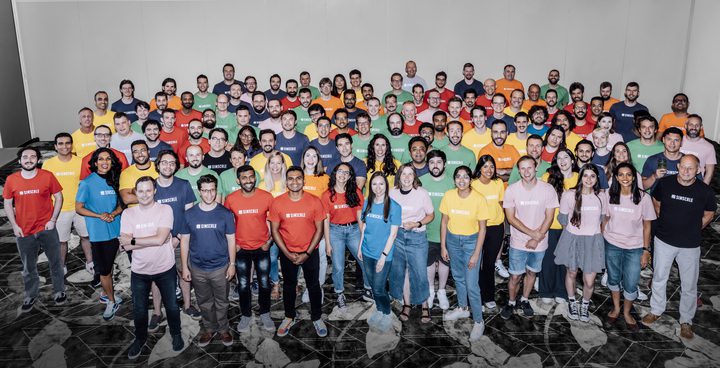
The holiday season is in full swing and we would like to reflect on the past year and take a moment to celebrate our employees and their cultural holidays. In today’s post, a couple of colleagues share more about holidays — their traditions, activities, and importance. Keep reading to learn more about their different celebrations.
Diwali
Sam (Customer Success), how many days is Diwali celebrated?
Diwali is celebrated over five days, with each day having its own significance and rituals. The five days of Diwali are:
- Dhanteras: This day is dedicated to Lakshmi, the Hindu goddess of wealth and prosperity. People clean their homes, buy new items, and light lamps to welcome Lakshmi into their homes.
- Narak Chaturdashi: This day is believed to be the darkest day of the year, and it is associated with the victory of good over evil. People fast and pray for the well-being of their loved ones.
- Lakshmi Puja: This is the main day of Diwali, and it is celebrated by lighting diyas (small earthen lamps) and bursting firecrackers. People also exchange gifts and sweets with their loved ones.
- Govardhan Puja: This day is dedicated to Krishna, the Hindu god of love and compassion. People build a small hill of cow dung and worship it as Govardhan, the cowherd of Gokul.
- Bhai Dooj: This day is celebrated by sisters to express love and gratitude towards their brothers. Sisters pray for their brother’s well-being, and brothers offer gifts to their sisters.
Paras (Product), how do you celebrate Diwali?
Diwali is celebrated over 5 days and people like to clean the interior and exterior of homes well in advance. People wake up early, take a bath, and wear new clothes. The exterior is decorated with lanterns, lighting, diyas, and rangolis. The Goddess of wealth and prosperity Lakshmi and the God of Health Dhanwantari are worshiped. Everyone lights fireworks, burns Crackers, meets, and greets each other sharing gifts and sweets. Diwali ends with a ceremony to celebrate the bond between brother and sister.
Kanchan (Product), what are your traditions, and what is important for you during that time?
For me, Diwali is a time for family and friends! It is a time to clear out the clutter from your life and bring in freshness and prosperity. It’s also an excuse to indulge in LOTS of eating and visit friends and neighbors with food.
Diwali for us is also about traditions — making atte ka halwa for the evening prayer and making rangoli (color-filled drawings on the floor). We aren’t an overly religious family but we still love keeping up with these traditions because it keeps us connected to our culture, to who we are.
For example, Diwali has always been a time for deep cleaning of the innermost corners of our homes. Cleaning and decluttering usually start a month before the actual festival and is a LOT of work but so satisfying! Right before Diwali, my mother-in-law and I either prepare or order Indian sweets and delicacies. Typical dishes include laddoos, mathi, namak para, mohanthal, kaju katli, dry fruits like almonds, dates, etc. We also share our good fortune by bringing gifts and sweets for our house helpers and apartment support personnel. On the day of the main festival, we have a nice leisurely brunch and in the afternoon, all the women and girls gather around to make ‘rangoli’, color-filled drawings on the floor in front of the main door. My daughters, since they were old enough to participate, love this part and have to be bathed right after. Men of the house keep themselves busy putting up flower garlands on the doors and hanging up lanterns and decorations.
As evening descends, we dress up in our fine Indian traditional clothes (making sure they aren’t too flowy as there will be lighted lamps all around the house and can be a fire hazard). We also prepare one final sweet dish (“atte ka halwa” made from wheat flour) to be offered to the Goddess Lakshmi as we pray together in the late evening. In my childhood, we used to burst firecrackers out on the street till late at night. But now we are more environmentally conscious and refrain from smoke and noise-producing firecrackers. The day winds down with more delicious food for dinner, maybe visiting some neighbors to exchange good wishes, and falling asleep to lights sparkling in windows all around the city.
Smriti (Engineering), true or false? People set off fireworks for Diwali.
True. There are lots of varieties of crackers. Diwali is the Hindu festival of lights with its variations also celebrated in other Indian religions. It symbolizes the spiritual “victory of light over darkness, good over evil, and knowledge over ignorance.”
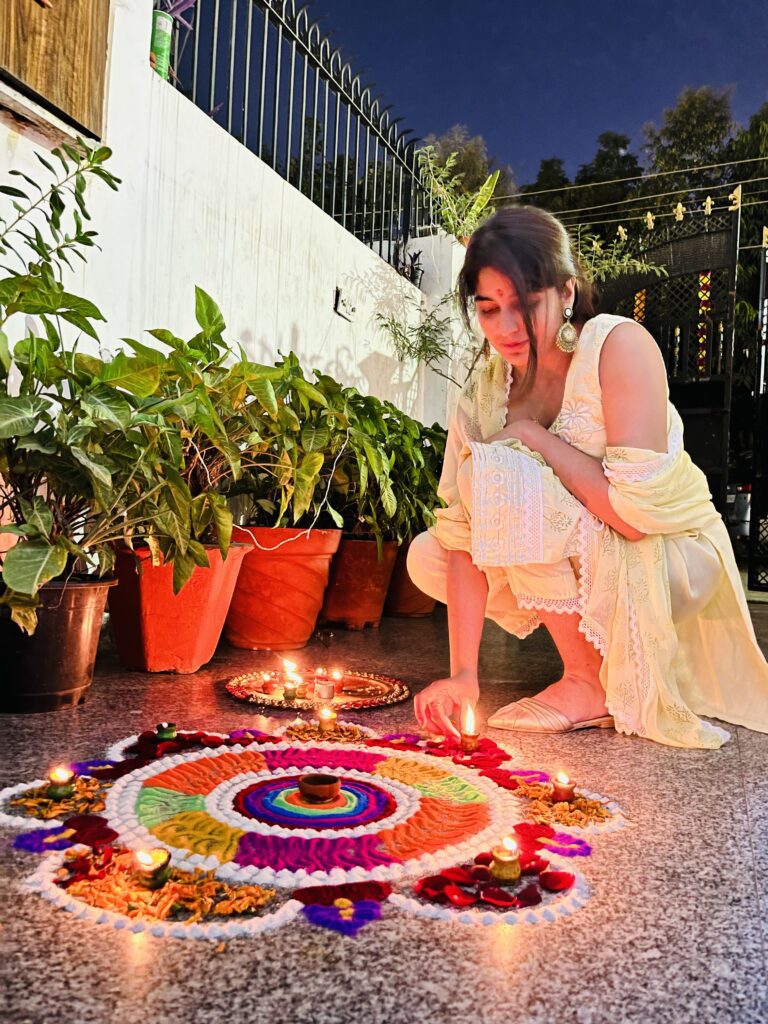
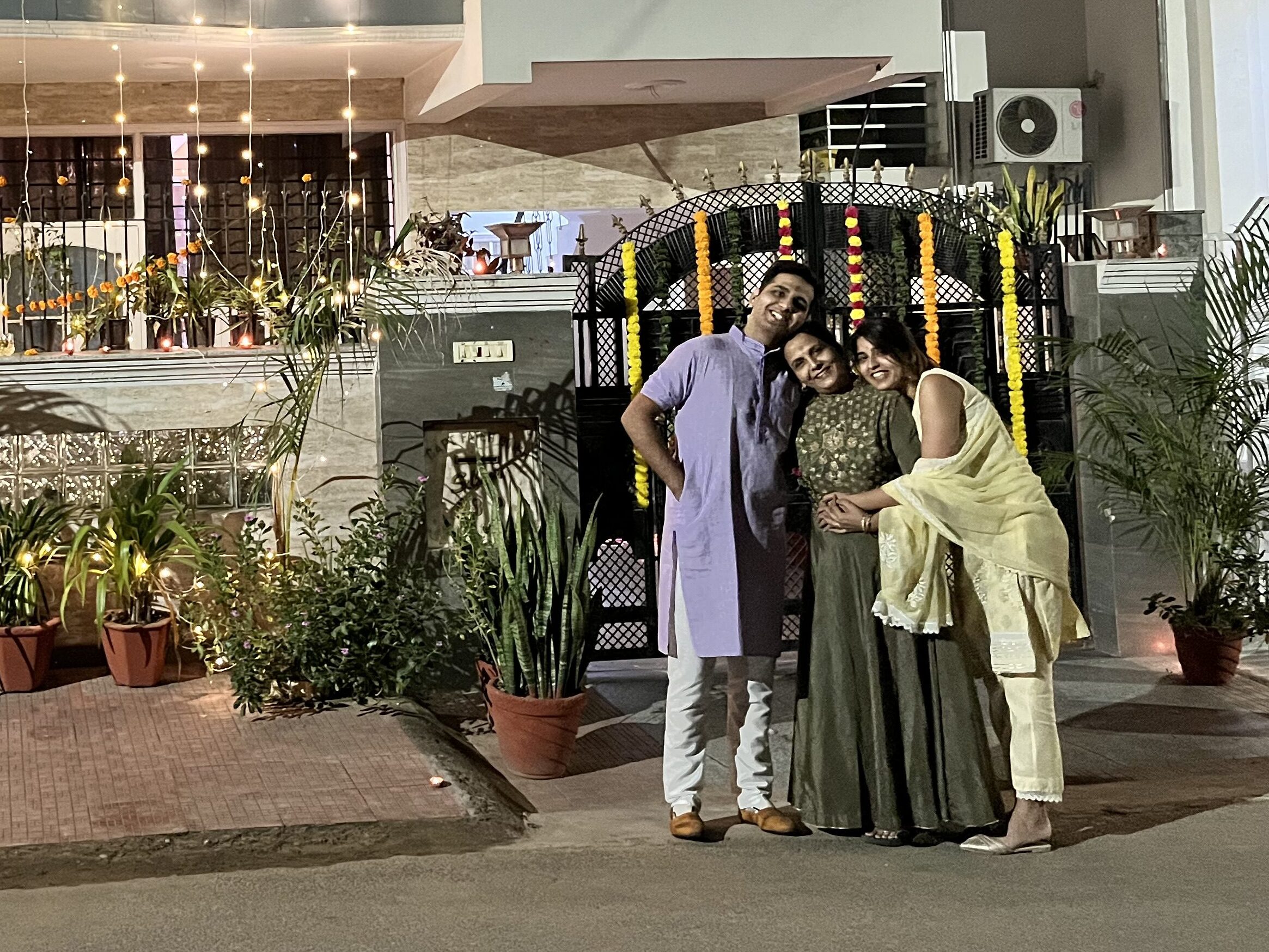
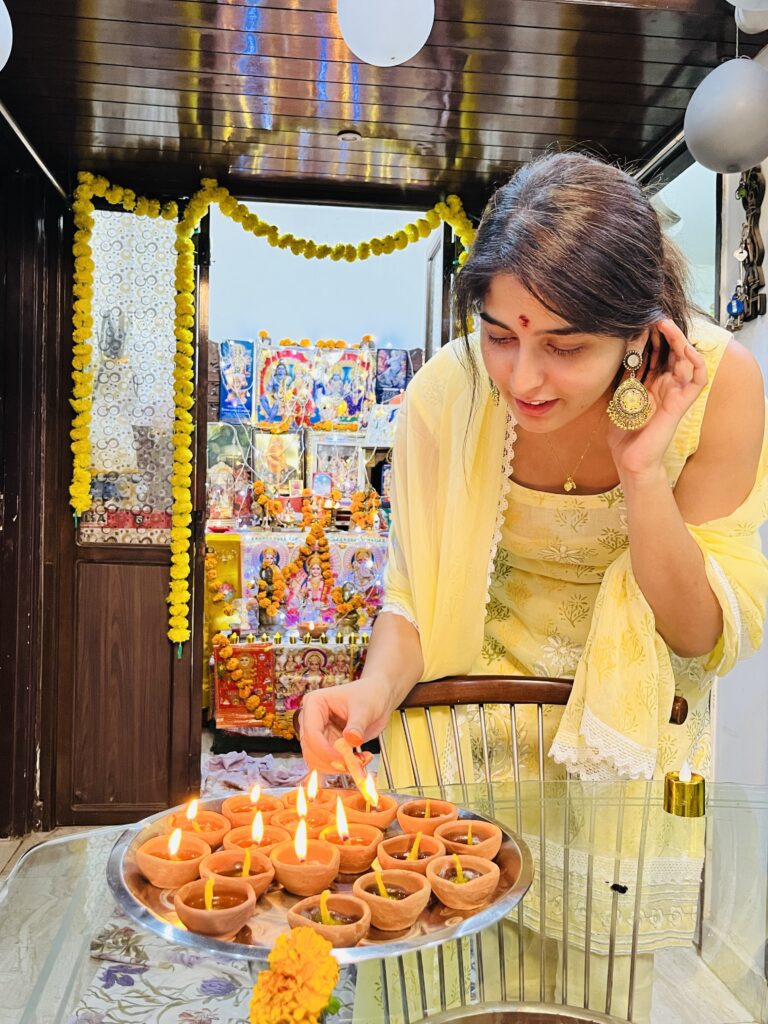
Christmas
Taylor (Marketing), what are your holiday plans for Christmas?
I am flying back to the United States over Christmas. I am looking forward to the time with family, delicious food, and hopefully, there is more snow than in Germany. On the 24th, I will celebrate with my grandparents, aunts/uncles, and cousins from one side of my family. On Christmas morning I will open gifts and celebrate with my immediate family. In the afternoon I celebrate with my other set of grandparents, aunts/uncles, and cousins. I will be there for just over a week, so I will work remotely from Michigan for a few days before and after Christmas.
Jon (Product), are you celebrating with your family?
Yes, we will celebrate together! As SimScale employees, we are lucky enough to have the freedom to move countries and we did that this year. We moved from Germany to the UK in August.
Our son asked if we could stop inviting everyone over at Christmas and have a small party to enjoy our new home. So this year, we will do just that and have a few days with just the four of us. Then, we will visit our wider families and then friends for New Year’s Eve. For the record, I don’t like celebrating New Year’s Eve — I prefer to treat all days as valuable. Plus…I need my beauty sleep 🙂
Elisabetta (Engineering), do you have a ritual every year?
For me, Christmas morning always means cooking with my father (and trying not to be too late with all the preparations). Our little ritual is to put on some jazz music and occasionally one of the thousand Bublé’s Christmas songs.
Kerrigan (Sales), what are your favorite Christmas traditions?
As the holiday season approaches, my family and I eagerly look forward to the cherished candlelight service at the Biltmore House in North Carolina. This yearly tradition has evolved into a heartwarming ritual, consistently filling us with the festive spirit of Christmas. Yet, the true joy lies in those precious moments spent with family. Introducing new ways to embrace family time enhances the season’s delight, creating a warm and delightful atmosphere surrounded by the presence of our loved ones.
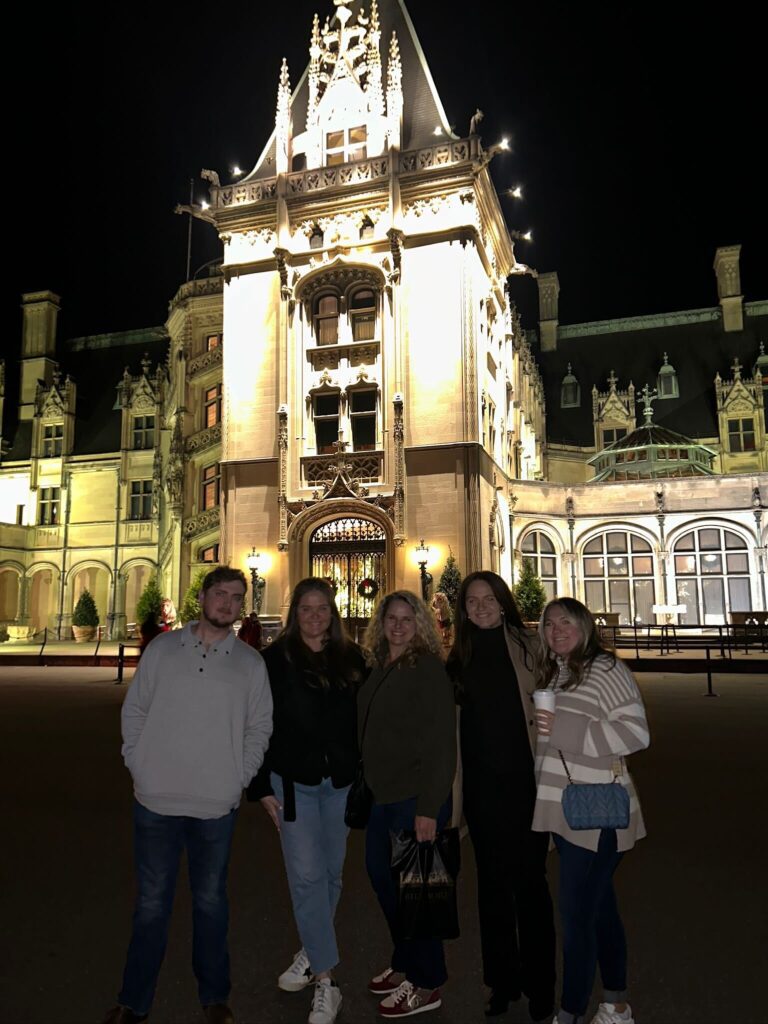
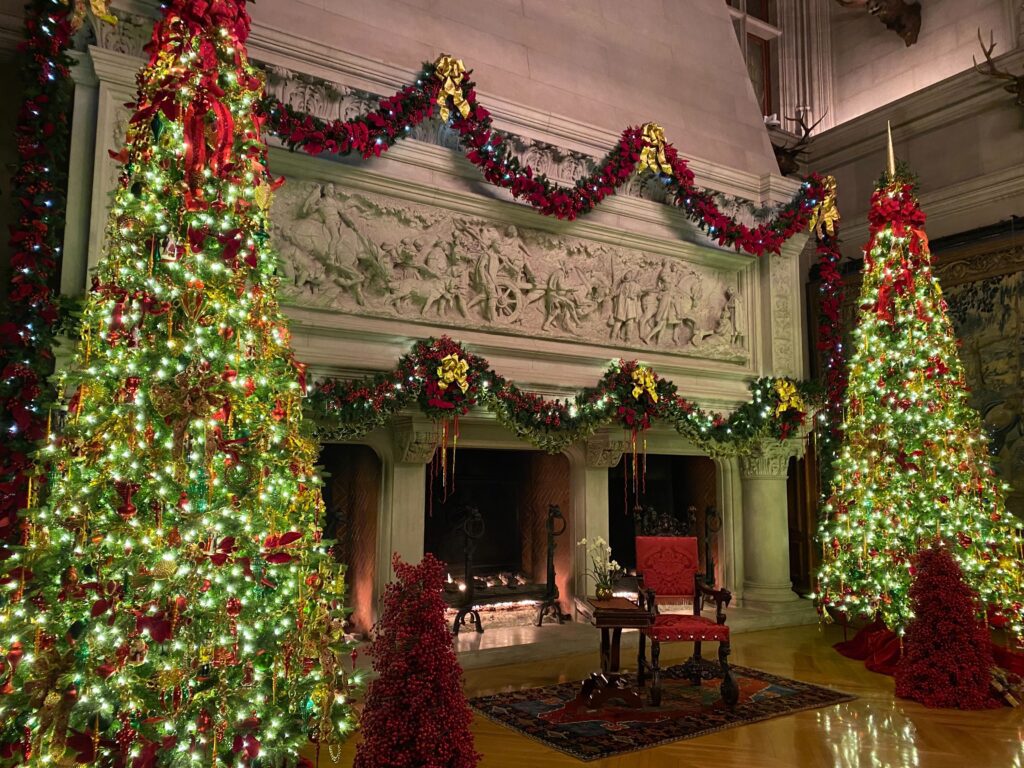
Stefano (Engineering), what is your favorite holiday food?
For Christmas lunch in Bologna, we usually eat tortellini in broth (a typical handmade stuffed pasta in the area between Bologna and Modena) as a first dish, then the tradition is to eat trotter and cotechino with lentils. It is said that lentils bring luck and money.
As dessert in Italy, we have special Christmas cakes called Pandoro (from Verona) and Panettone (from Milan), sometimes served with warm eggnog. The main difference between Pandoro and Panettone is that the latter has candied fruit inside, but the bread has a different taste. I personally prefer Pandoro.
Obviously, wine can’t be missing. I like strong red ones, like Sangiovese, Chianti or Amarone. With dessert a Spumante or Brachetto or, even better, Passito di Pantelleria.
Eid al-Fitr
Ali (Customer Success), what are you celebrating on Eid al-Fitr?
Eid ul Fitr is one of the most important festivals in the Islamic calendar. It marks the end of Ramadan, a month-long period of fasting, prayer, and reflection. The festival is celebrated with great enthusiasm and joy by Muslims all over the world.
Eid ul Fitr is a time for family, community, generosity, and gratitude. It is a time to forgive and thank, to strengthen relationships, and to help those in need. The festival is celebrated in different ways in different countries, but the underlying message of love, peace, and harmony remains the same.
In Pakistan, Eid ul Fitr is celebrated with great fervor and enthusiasm. The preparations for the festival start well in advance, with people decorating their homes, buying new clothes, preparing special dishes, and donating to the poor. The day starts with a special prayer, followed by a family get-together and a feast. People exchange gifts and sweets, and children receive gifts or money from their elders as a token of love.
One of the most important aspects of Eid ul Fitr is charity. Muslims are encouraged to give to the poor and needy and to share their blessings with others. In Pakistan, many people donate money, food, and clothes to the less fortunate, and organizations set up special programs to distribute food and other essentials to those in need.
Eid ul Fitr is a time to celebrate the end of Ramadan, to reflect on the blessings of life, and to renew our commitment to our faith and our community. It is a time to come together, to share our joy and happiness, and to spread love and kindness to all those around us.
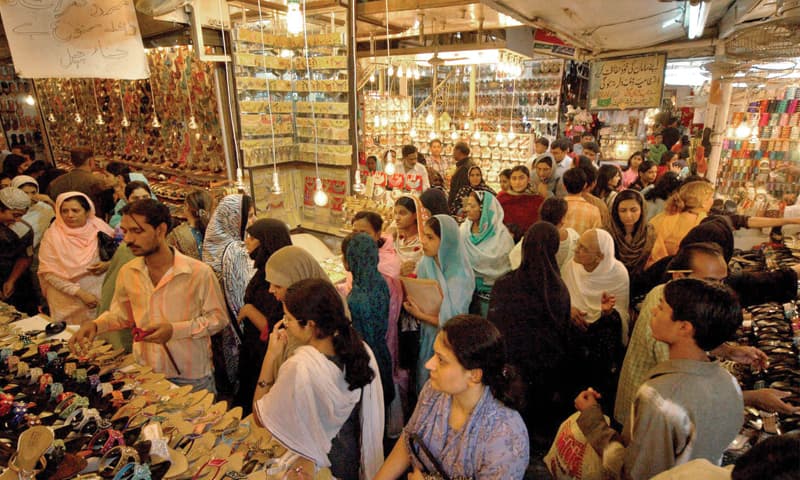
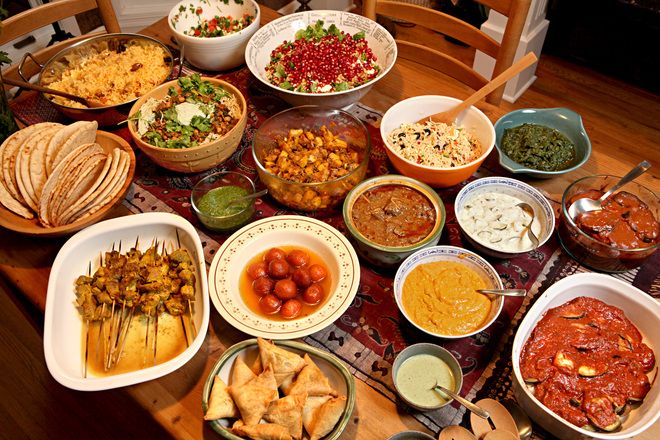
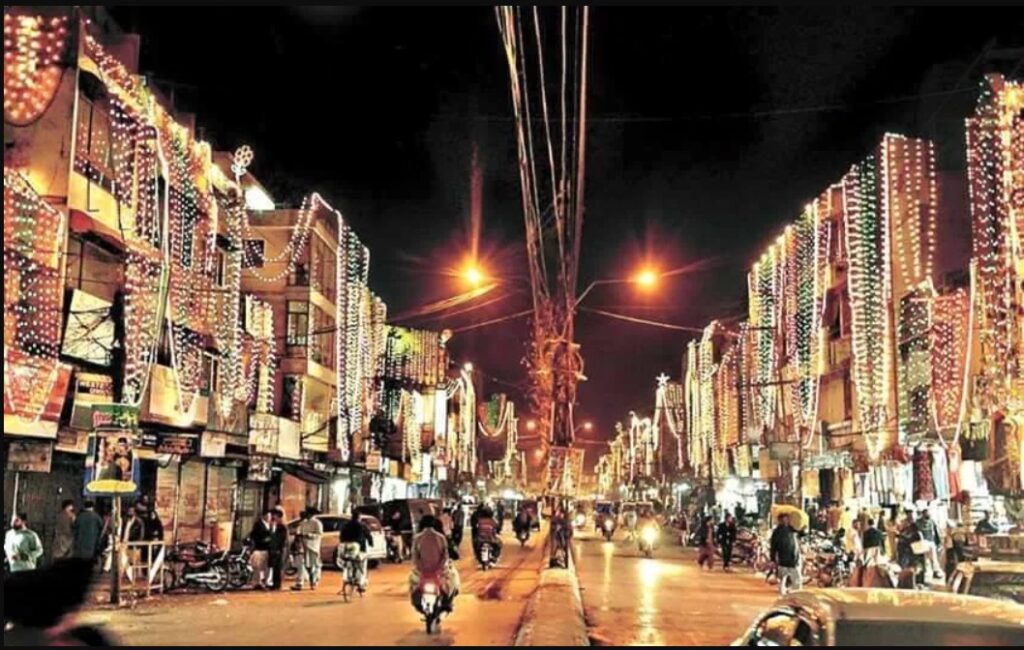
Japanese New Year
Paul (Engineering), how does Japan celebrate the new year? Is it quite different from the Chinese New Year?
In Japan, the New Year, or Shōgatsu, is primarily a family-centric event, often celebrated with grandparents. For those who rise early, the day begins with the year’s first sunrise, known as Hatsuhinode. It symbolizes the start of a new beginning, reflecting hope and renewal. The New Year’s breakfast features “osechi-ryori,” a range of symbolic dishes served in special layered boxes called jubako. Each dish in osechi carries its own meaning, representing wishes for health, fertility, etc. Mochi, made from pounded sticky rice, is another important element of the New Year’s feast, symbolizing strength and togetherness.
Breakfast is usually followed by a visit to a local shrine, a tradition known as Hatsumōde, where prayers are offered for good health and prosperity. After the conventional celebrations are concluded, many people eagerly make their way to nearby department stores to partake in the exciting tradition of acquiring ‘Fukubukuro.’ These are specially curated bags, their contents unknown, offered at significantly discounted prices.
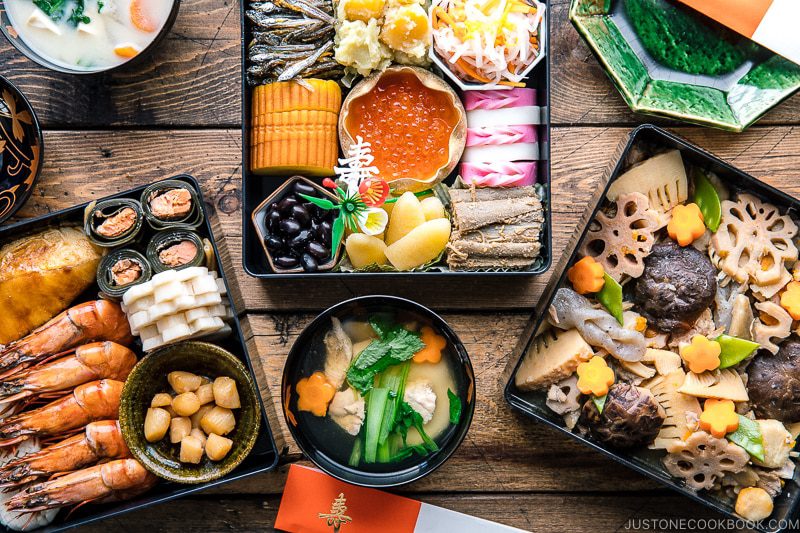
Paul, do you have a Christmas tree in your house?
While personal Christmas trees are rare in Japanese homes, the holiday spirit thrives in public areas. Shopping centers and city districts have stunning Christmas tree illuminations, enveloping the surroundings in a festive mood. For those keen on a traditional Christmas tree, IKEA is one of the very few options to get one, so large lines of Europeans can be seen buying the real deal. In our family, we embrace a different approach: my wife and kids paint a large Christmas tree on several pieces of paper, which we then assemble and display on our wall. On the evening of December 24th, my kids even find something nice below the tree.
Thank you all for your great contributions! We are so excited to have you on the team!
Here at SimScale, we have more than 130 employees from over 35 nations, with over 45 languages spoken. No wonder that so many different holidays are celebrated by our colleagues.
Now all that’s left for me to say is Happy Holidays from the entire SimScale team!
Stay tuned for more insights into SimScale and see what the team has been up to on our @lifeatsimscale Instagram feed. Want to start your own SimScale story? Make sure to keep an eye on our careers page for possible openings!


